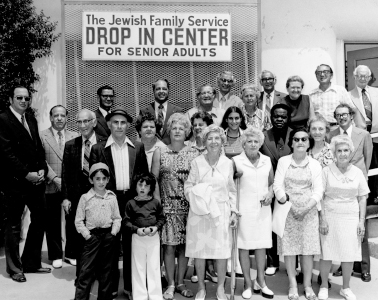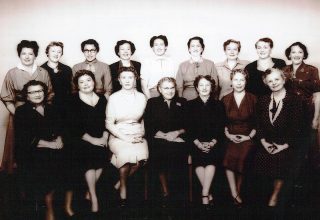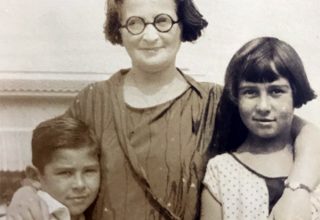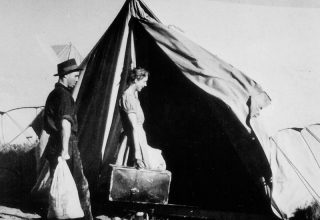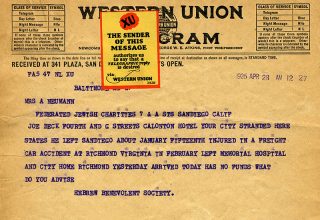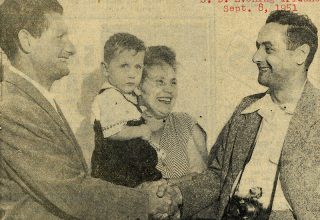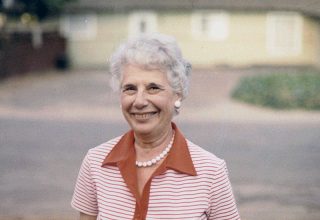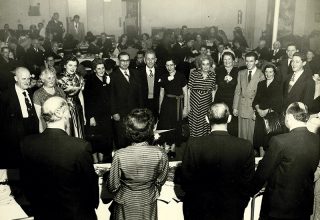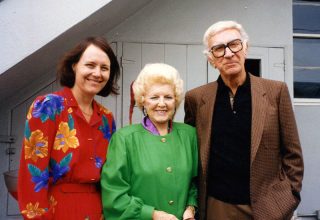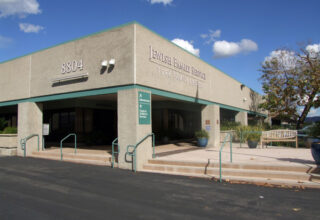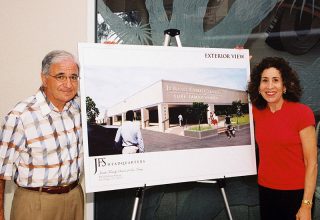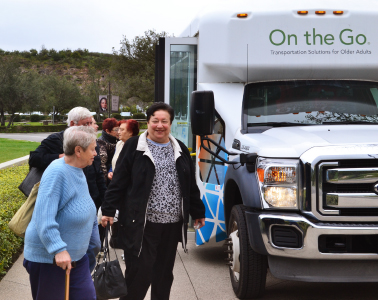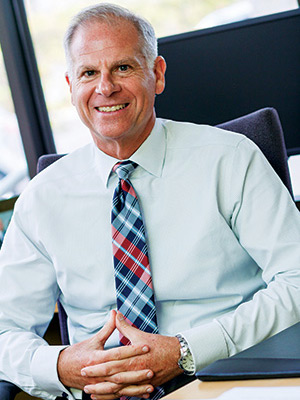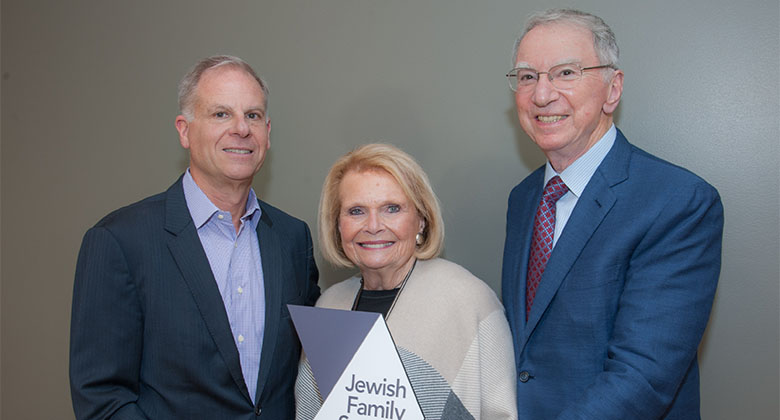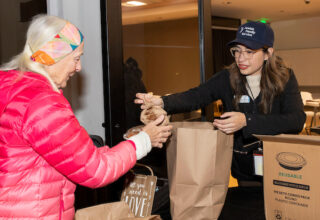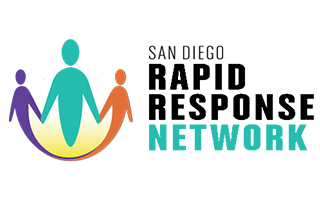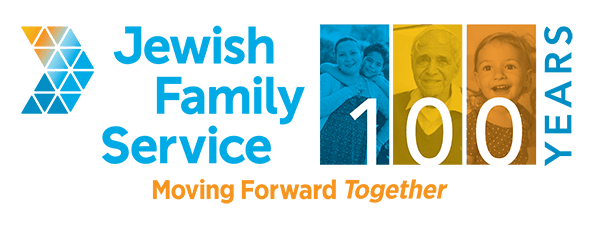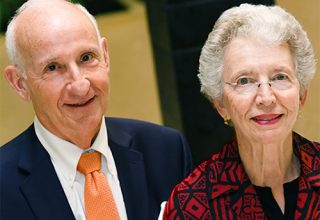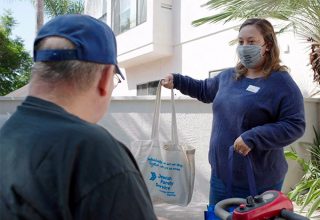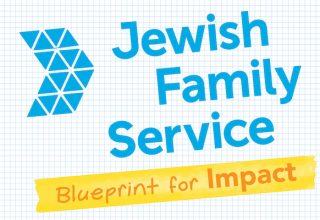In the postwar decades, under the direction of Henrietta H. Rubenstein, our focus shifted from meeting immediate needs to family strengthening and counseling. Beyond casework, we developed a range of services to address everyday challenges, including stress, relationships, financial security, and aging.
The early 1970s marked the establishment of the agency’s first drop-in center, providing seniors with access to healthy lunch as well as social, educational, and enrichment opportunities. Many other programs were developed to extend the agency’s impact in strengthening families.
From 1979 through the early 1990s, under the direction of Maryanne Kaye and Jill Spitzer, JFS helped to resettle hundreds of Soviet Jewish refugees in San Diego. In partnership with the Hebrew International Aid Society (HIAS), the agency also broadened the scope of its resettlement work, extending the possibility of a new home, a new life, and a better future to persecuted people everywhere.
Today, JFS has grown into a premier human services agency in San Diego, touching the lives of more than 70,000 people a year. With a focus on uplifting individuals and families and supporting aging with dignity, we help people of all ages and faith backgrounds build stable, secure, and connected lives.
With more than a century of experience behind us, we remain committed to believing in people. At every age. And every stage of life. We’re committed to meeting people where they are — and providing the compassionate services that have helped generations of people move forward.



